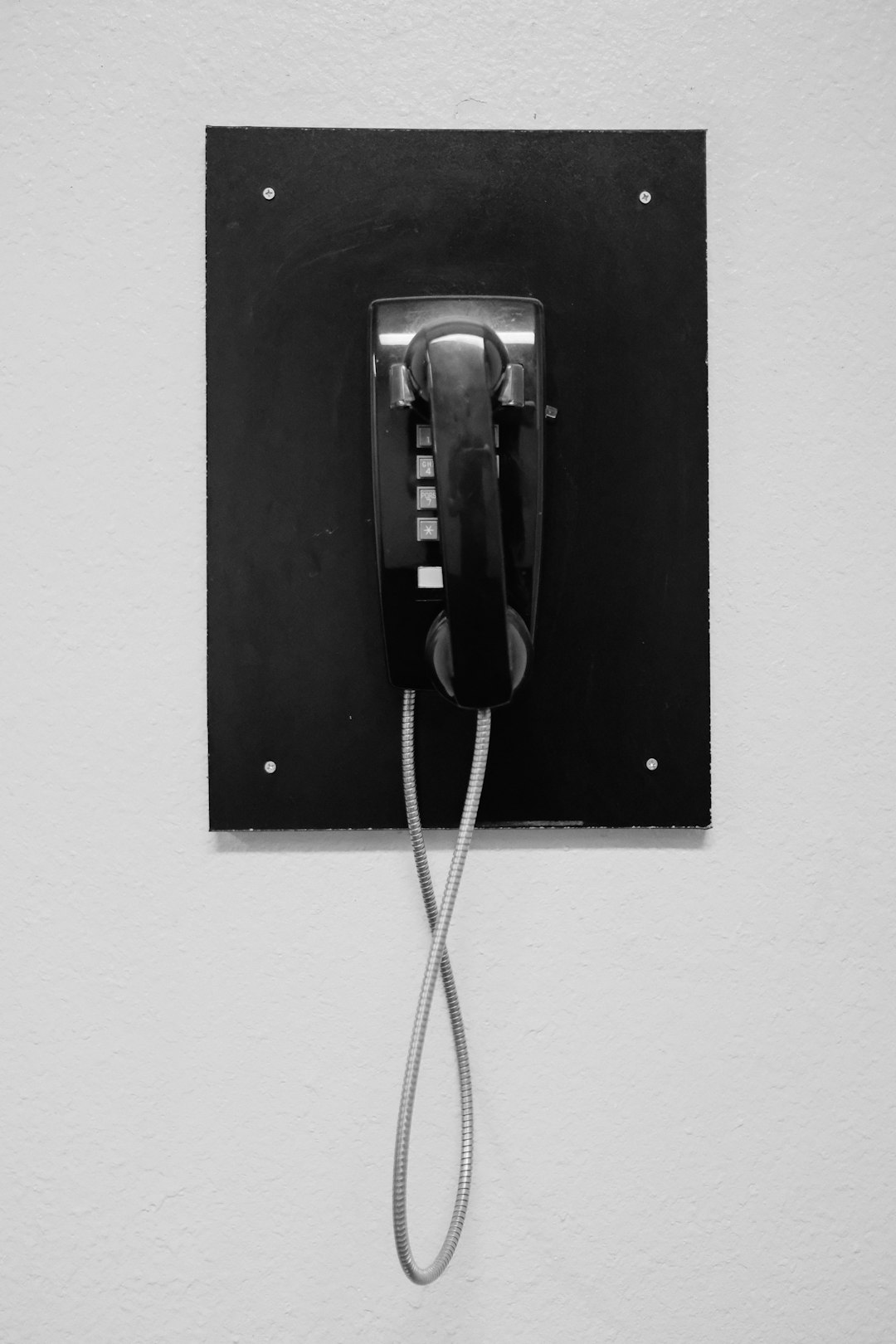Allentown seniors can protect themselves from spam calls and scams by recognizing common patterns, blocking unknown numbers, using call blocking apps, registering for Do Not Call lists, and reporting suspicious calls to the local PUC. Combining these strategies outlined in "How to Stop Spam Calls Pennsylvania" significantly reduces spam calls and enhances digital security.
In Allentown, Pennsylvania, as in many parts of the country, seniors are increasingly targeted by spam calls. This guide aims to empower our aging population with knowledge and tools to combat this nuisance. We’ll explore common patterns of spam calls in PA, provide practical tips on identifying and protecting against them, and detail effective reporting and blocking strategies. Learn how to take control of your phone lines and say goodbye to unwanted intrusions once and for all.
Understanding Spam Calls: A Senior's Guide

Spam calls, or unsolicited phone calls aimed at promoting products or services, can be a significant nuisance for anyone, but seniors may be more vulnerable to their effects. Understanding what spam calls are and how they operate is the first step in learning how to protect yourself from them.
In today’s digital age, scammers have found new ways to reach people, and phone calls remain one of their primary tools. They often use automated dialing systems to make thousands of calls per day, hoping to catch a few individuals who might be interested in their offers. These calls can seem legitimate at first, but they are typically designed to trick seniors into sharing personal information or making impulsive purchases. To avoid becoming a victim, it’s essential for seniors in Allentown to learn how to recognize and block these calls, which can help them regain control of their phone lines and protect themselves from potential financial losses or identity theft.
Identifying Common Spam Call Patterns in PA

In Pennsylvania, recognizing common spam call patterns is a crucial step for seniors aiming to protect themselves from unwanted phone scams. Scammers often target seniors as they may be more susceptible to falling for deceptive tactics due to trust and a lack of technical knowledge. A typical pattern involves repeated calls from anonymous numbers, many of which are overseas or using voice over IP technology to disguise their identity. These calls frequently claim to be from government agencies, banks, or tech support teams, demanding immediate action with threats of arrest, financial loss, or system shutdowns unless the recipient provides personal information or buys pre-paid cards.
To stop spam calls in Pennsylvania, seniors should exercise caution when receiving unexpected calls and never share sensitive details over the phone without verifying the caller’s identity independently. Using call blocking apps or features on landline or smartphone services can help mitigate these issues. Additionally, registering for Do Not Call lists specific to your state offers some protection against automated dialers, though it may not stop all spam calls entirely.
Protecting Privacy: Measures Seniors Can Take

Protecting privacy is a top concern for seniors, especially as they navigate the digital world. With spam calls becoming an increasingly prevalent issue in Pennsylvania, educating older adults on how to safeguard their personal information is essential. A simple yet effective step is to adjust phone settings to block unknown numbers. Most modern phones offer this feature, allowing users to automatically filter out incoming calls from unfamiliar sources.
Additionally, encouraging seniors to be cautious about sharing personal details over the phone can significantly reduce privacy risks. They should be advised not to reveal sensitive information such as social security numbers, bank account details, or credit card PINs unless they initiate the call and are certain of the recipient’s legitimacy. Regularly updating software and using reputable antivirus programs can also help protect against potential privacy breaches.
Reporting and Blocking Spam Calls Effectively

Educating seniors on how to report and block spam calls is a vital step in protecting them from potential scams. In Pennsylvania, as with many states, there are established procedures for handling unwanted phone calls. Encourage your elderly friends or family members to save the non-identifiable numbers of these spam calls and compile a list over time. They can then use this information to report the calls to their local Public Utility Commission (PUC), which has authority over telecommunications issues.
Additionally, most smartphone operating systems come with built-in call blocking features that can be easily accessed and managed through the device’s settings. Teach seniors how to utilize these tools effectively by showing them where to find and activate call filtering options. Many phone companies also offer specific apps or services designed for call blocking and identity protection. By combining these practical steps, seniors in Allentown can significantly reduce the frequency of spam calls and gain a greater sense of security while navigating today’s digital landscape.






